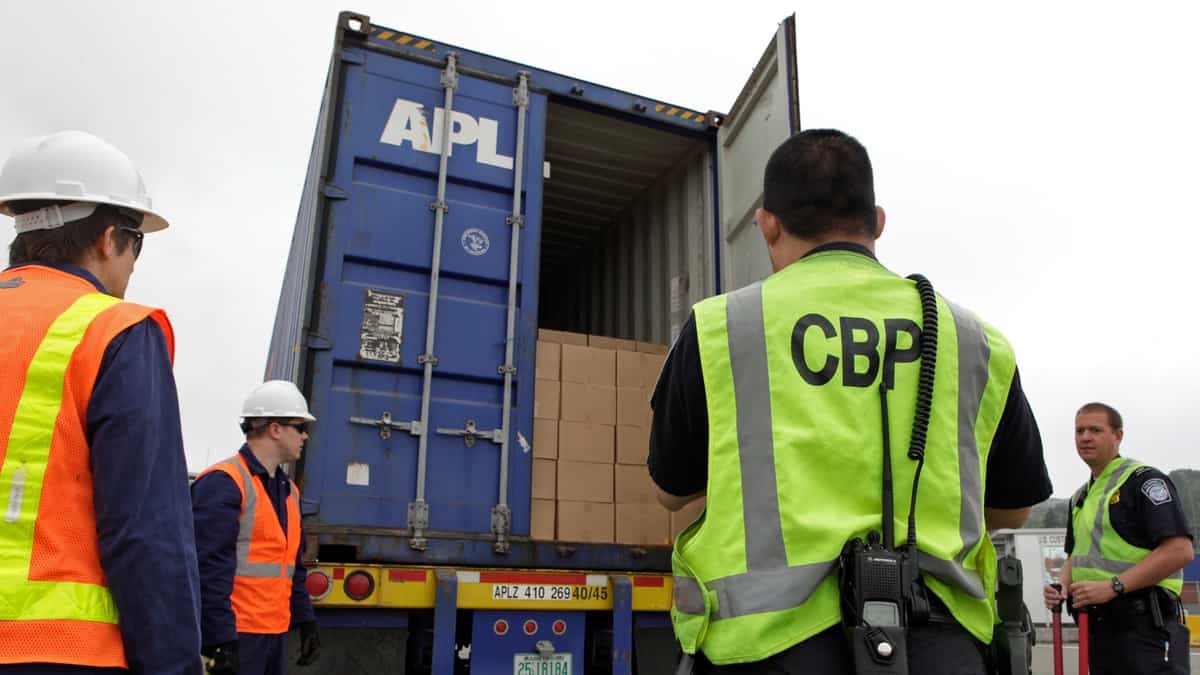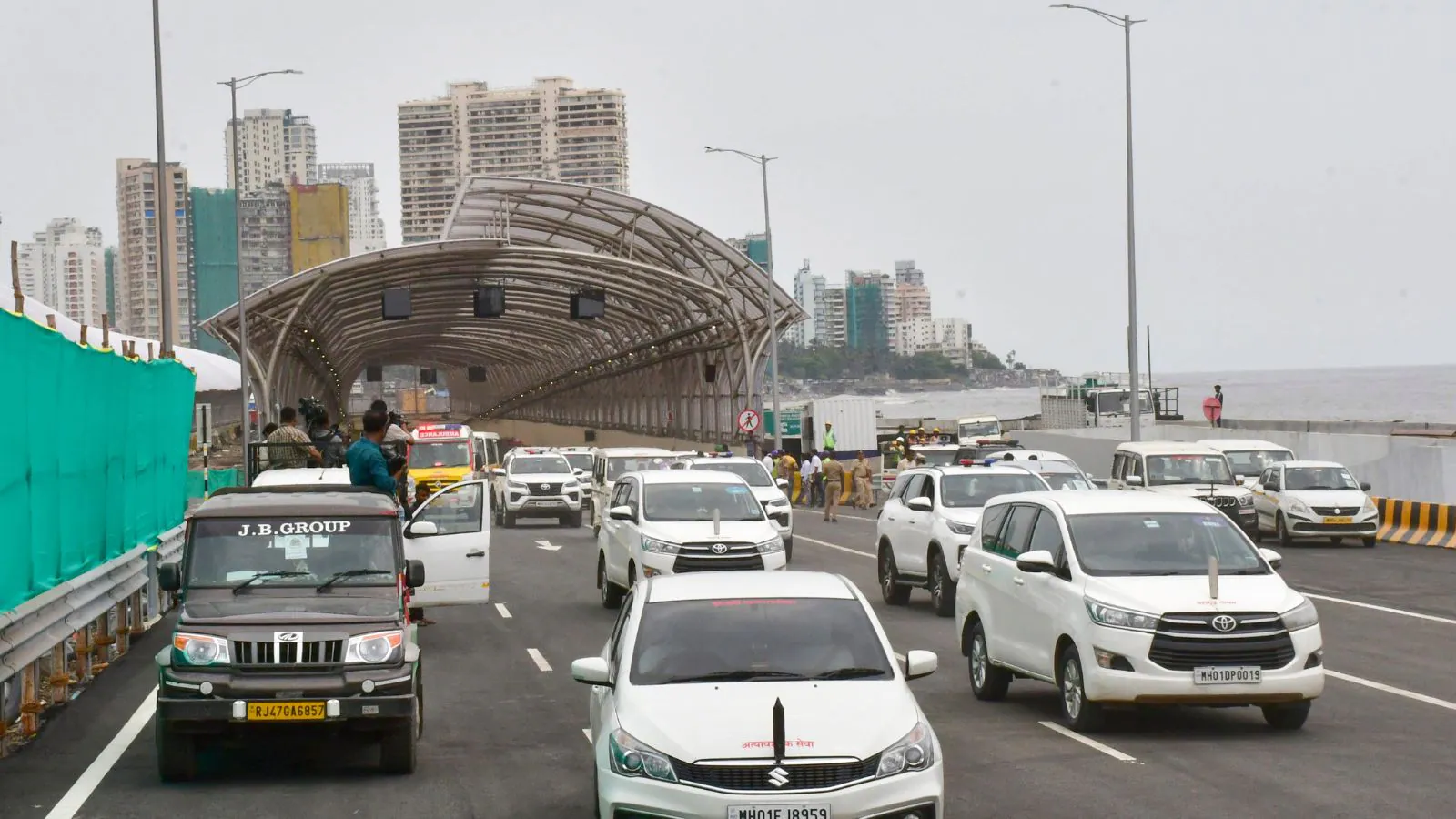
The Coast Guard will also continue operations.
It’s unclear how this will affect the 1,700 bonded warehouses throughout the United States, which have seen a surge in business as importers work through the complex changes in trade and tariffs by the Trump administration.
“It’s our understanding that Customs personnel who handle cargo operations at the [port] complex are deemed essential and thus there should be minimal impact,” said Phillip Sanfield, a spokesman for the Port of Los Angeles.” He added the busiest U.S. port complex will be in communication with CBP to manage potential impacts as the situation develops.
The busiest U.S. container gateway processes a combined total of 60,000 twenty foot equivalent units a day.
The most recent government shutdown lasted 35 days from December 2018 to January 2019, and saw 800,000 federal workers furloughed or forced to work without pay in a dispute over funding for construction of President Donald Trump’s wall on the U.S.-Mexico border.
At the time, CBP remained operational but lower staffing levels led to slower inspections and longer dwell times for shipments moving through major ports. Delays grew by as much as 15% to 20% through the Port of Los Angeles-Long Beach, while importers of regulated goods such as perishables and pharmaceuticals faced shipment holds amid a shortage of Customs staff to process documentation.
The Congressional Budget Office at the time estimated that the shutdown reduced 2019 first quarter gross domestic product by $8 billion.
A spokesman for the Port of Virginia said it will be business as usual for the mid-Atlantic gateway, which handles approximately 10,000 containers through its two main terminals.
The port was responsible for overtime compensation during the previous shutdown, but was reimbursed after the fact.
“As the port authority is entirely self-funded, a government shutdown would not impact our ability to operate our own facilities,” said a spokesman for the Port Authority of New York-New Jersey, in an email to FreightWaves.
The Port of Seattle in a release said its facilities will remain fully open and operational in the event of a government shutdown. “The Port is working closely with its federal partners to keep operations as close to normal as possible,” it said.
“The Port of Seattle urges Congress to find a bipartisan solution to avoid or minimize any shutdown of the federal government and to retain the federal workforce necessary to keep trade and travel running smoothly,” said Port of Seattle Commission Vice President Ryan Calkins, in the release. “Our facilities will remain operational during any shutdown, but many of our federal partners will be working without pay. Additionally, any shutdown could cause disruptions to our regional economy, which is already seeing impacts from global and economic uncertainty.”
The industry trade group for railroads said it expects trains to roll as scheduled.
“As a privately funded and maintained industry, railroads continue to deliver safely and reliably for the American people regardless of the federal government’s operating status,” the Association of American Railroads said in a statement to FreightWaves.
The Surface Transportation Board, the U.S. rail regulator, in an email to FreightWaves said it would post guidance to the agency’s status on its website in case of a shutdown.
Find more articles by Stuart Chirls here.
Related coverage:
Houston gains as New Orleans, Corpus Christi slip in August
Texas shipyard purchased by Turkish consortium for $50M
UN: Trade reset, geopolitics to hurt container trade growth



